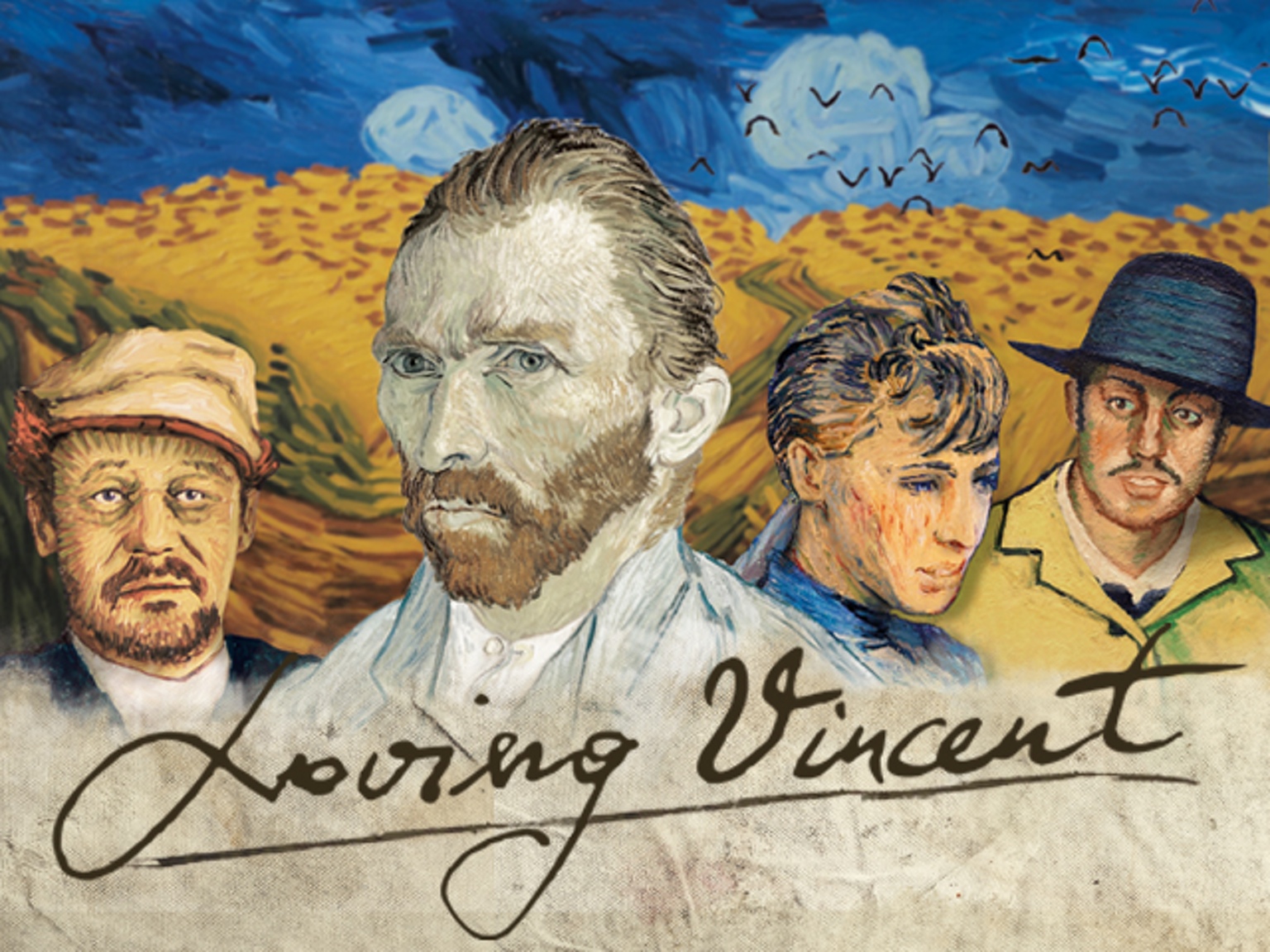Vincent van Gogh is peculiarly cursed to be travestied, misunderstood and reduced to a kitsch parody of himself. Look at the art section in your local bookshop and you will find a glitzy new publication of his “lost” Arles drawings being heavily promoted even after the Van Gogh Museum denied the drawings in it are by Van Gogh at all. Now more fake Van Gogh is on its way, with the release of the trailer for Loving Vincent, a feature film about the artist that has been made by animating oil paintings that ape his style. From WE MUST RESCUE VAN GOGH FROM BECOMING A POP CULTURE CLICHE, Jonathan Jones, The Guardian, 23 January 2017
Then this came along:
High art needs all the friends it can get. Museum attendance is dropping all over the world, and earnest attempts to court the young and identify with the new are clearly not working. Something more eloquent is needed: unequivocal enthusiasm for great art in a language people in the 21st century understand.
How about a Louis Vuitton bag with RUBENS written on it in big gold letters over a reproduction of that 17th-century painter’s violent, exuberant and gorgeous work Tiger, Lion and the Leopard Hunt?" From JEFF KOONS' LOUIS VUITTON BAGS: A JOYOUS ART HISTORY LESSON, Jonathan Jones, The Guardian, 12 April 2017
Kind of gross, if you ask me. But a critic doesn't produce--he just takes. He isn't even accountable for his own contradictions because opinions are an ephemeral commodity. Cultural toilet paper. An artist or writer takes real risks, and the mistakes they make may linger for generations, if they're lucky.
Then this came along:
High art needs all the friends it can get. Museum attendance is dropping all over the world, and earnest attempts to court the young and identify with the new are clearly not working. Something more eloquent is needed: unequivocal enthusiasm for great art in a language people in the 21st century understand.
How about a Louis Vuitton bag with RUBENS written on it in big gold letters over a reproduction of that 17th-century painter’s violent, exuberant and gorgeous work Tiger, Lion and the Leopard Hunt?" From JEFF KOONS' LOUIS VUITTON BAGS: A JOYOUS ART HISTORY LESSON, Jonathan Jones, The Guardian, 12 April 2017
Kind of gross, if you ask me. But a critic doesn't produce--he just takes. He isn't even accountable for his own contradictions because opinions are an ephemeral commodity. Cultural toilet paper. An artist or writer takes real risks, and the mistakes they make may linger for generations, if they're lucky.


Obviously Mr. Jones is confused by his own definition of eloquent in these two examples of his criticism. Loving Vincent was beautiful and heartfelt. The new Louis Vuitton bags are poster art. And, by the way, why are Jeff Koons's initials on the bags when his gazing ball addition has been removed and we're left with only the original artists' works? It makes no sense.
ReplyDeleteCriticism solely for criticism's sake is a poor attempt of 'the criticizer' to either proselytize or demonize an individual artist and his or her work without drawing meaningful links to progress a creative dialogue either between past works or an artist's contemporaries--meaning it "takes" by a selfish attempt to build their 'professional character'. I agree it is the artist's or writer's who take the real risks (and this pertains to their critical essays, etc.), because they are more prone to work in regard to inner passion and authenticty, rather than sardonic, apocryphal sensationalism.
ReplyDelete